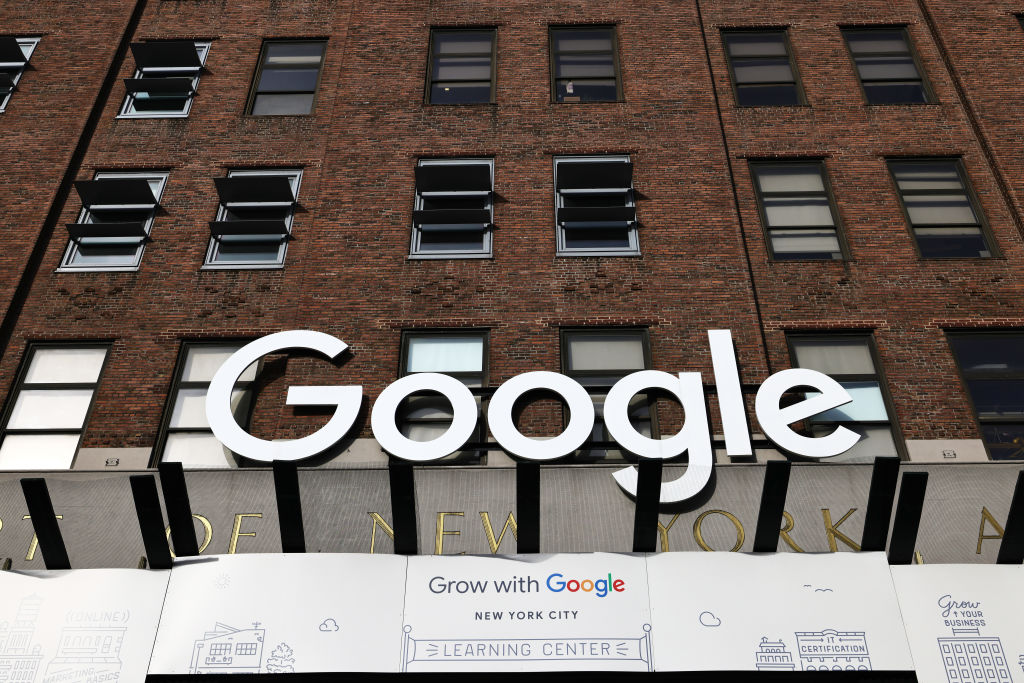What Google's new tracking announcement means for your web browsing experience


A free daily email with the biggest news stories of the day – and the best features from TheWeek.com
You are now subscribed
Your newsletter sign-up was successful
"If digital advertising doesn't evolve to address the growing concerns people have about their privacy and how their personal identity is being used, we risk the future of the free and open web," Google's director of product management for ads privacy and trust David Temkin wrote in a blog post Wednesday. That's partly (regulatory pressure is also a significant factor) why the tech giant is promising it will scrap individual user tracking after it's finished phasing out third-party tracking cookies over the next year or so, Axios reports.
The advertising industry is mostly prepared for a future entirely without third-party cookies, but Axios notes that many ad tech companies are working to implement "work-around solutions" so advertisers can still target individuals through different technologies. However, Google says it is committed to avoiding that strategy.
Still, Google isn't completely abandoning targeted advertising. The goal, The Verge reports, is "to replace the more invasive methods of old with a new one of its own design, which it calls the Privacy Sandbox." Per The Wall Street Journal, this method involves analyzing web users' browsing habits, but groups them in with other users who have similar interests, creating "cohorts" for ad targeting. Temkin also notes Google will still use first-party data to target ads on its own publishing platforms, like YouTube. Read more at Axios, The Verge, and The Wall Street Journal.
The Week
Escape your echo chamber. Get the facts behind the news, plus analysis from multiple perspectives.

Sign up for The Week's Free Newsletters
From our morning news briefing to a weekly Good News Newsletter, get the best of The Week delivered directly to your inbox.
From our morning news briefing to a weekly Good News Newsletter, get the best of The Week delivered directly to your inbox.
A free daily email with the biggest news stories of the day – and the best features from TheWeek.com
Tim is a staff writer at The Week and has contributed to Bedford and Bowery and The New York Transatlantic. He is a graduate of Occidental College and NYU's journalism school. Tim enjoys writing about baseball, Europe, and extinct megafauna. He lives in New York City.
